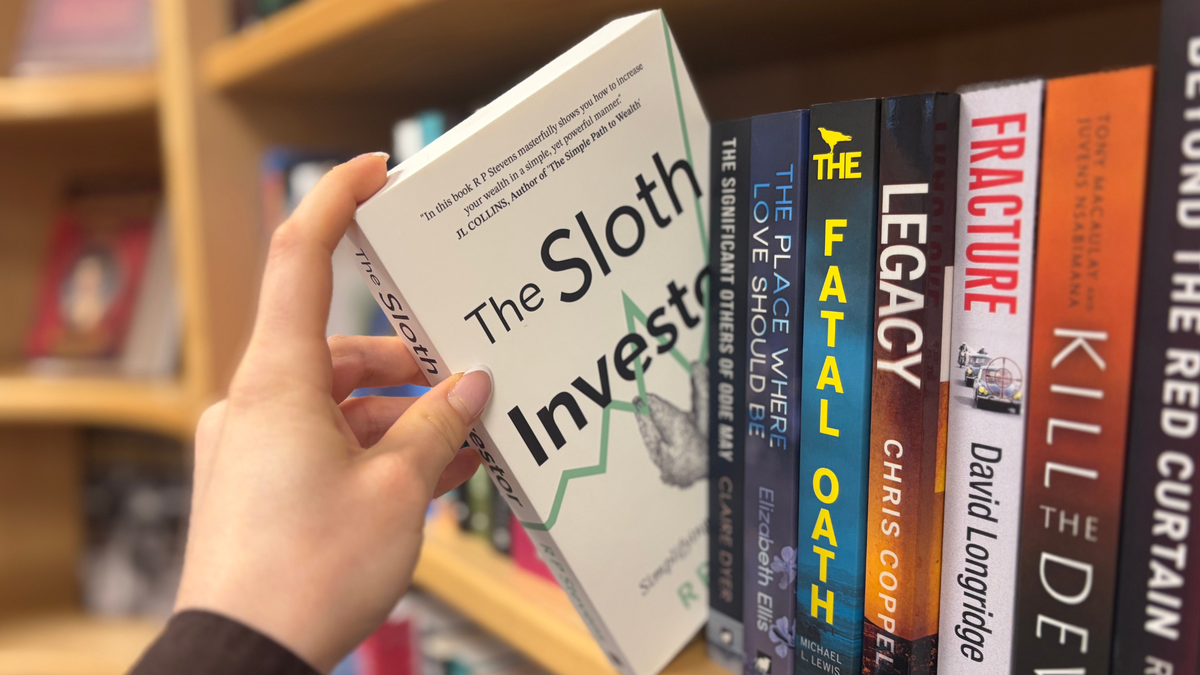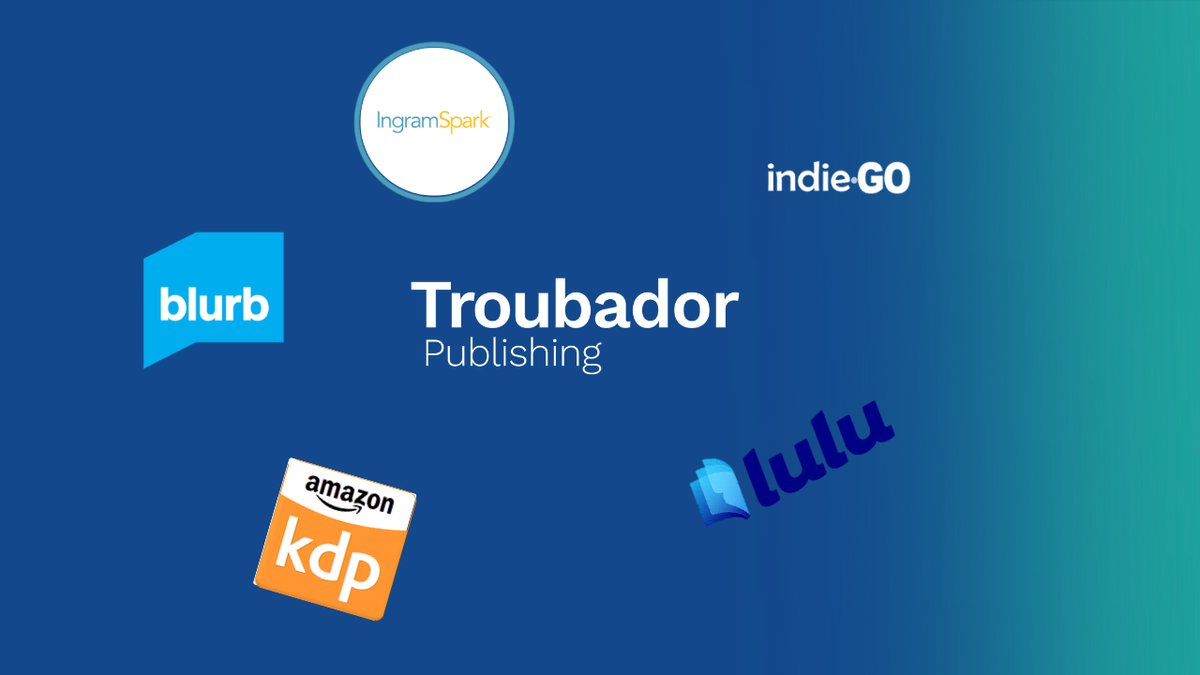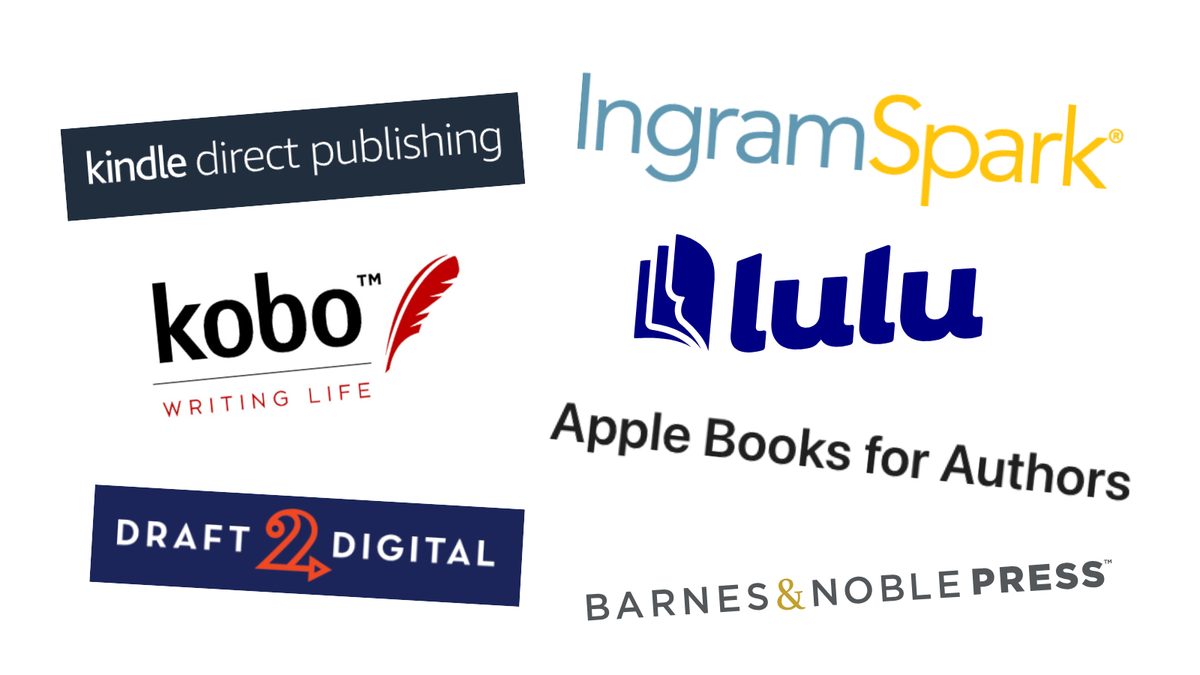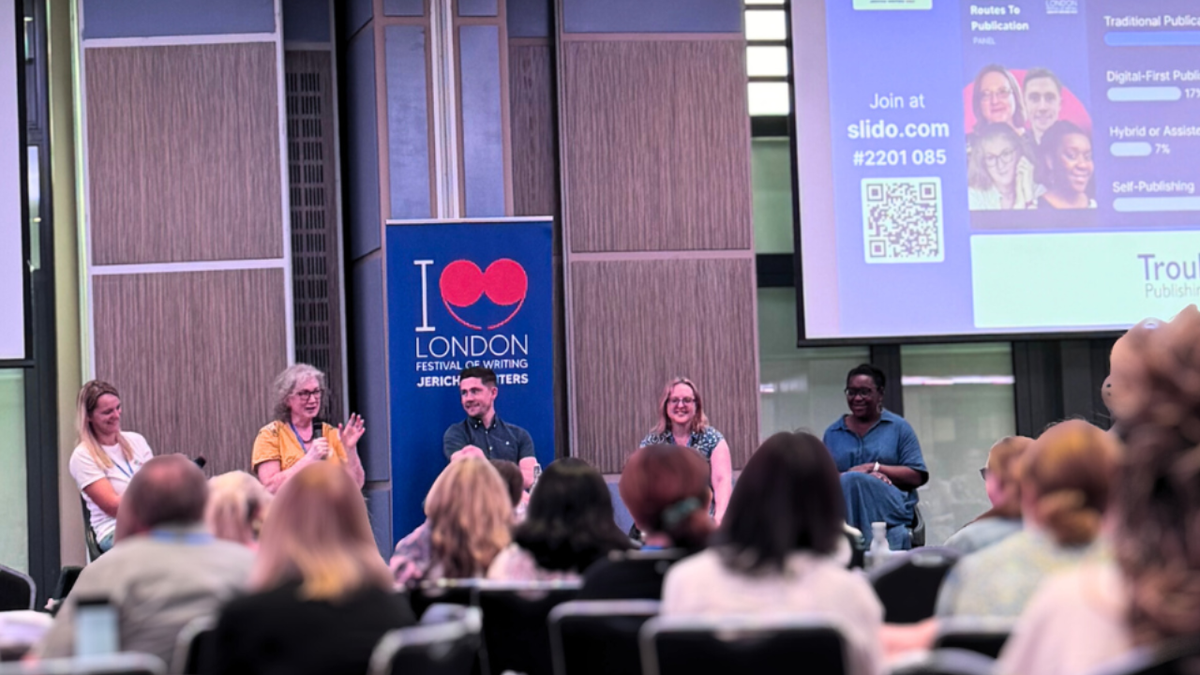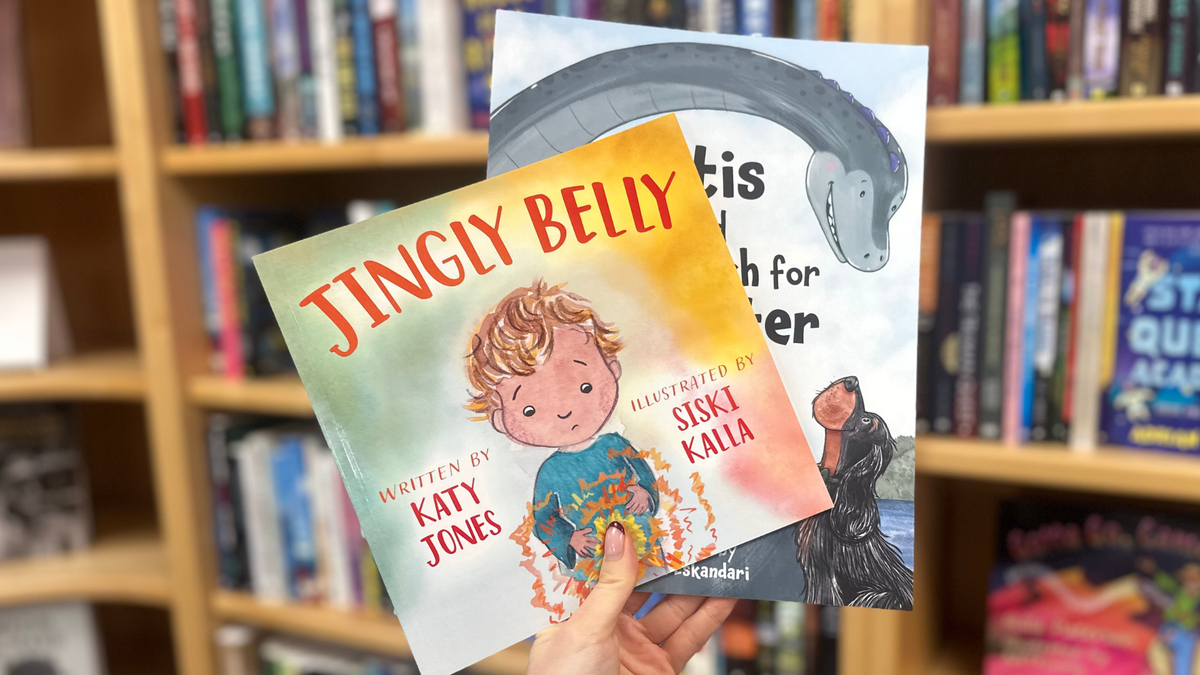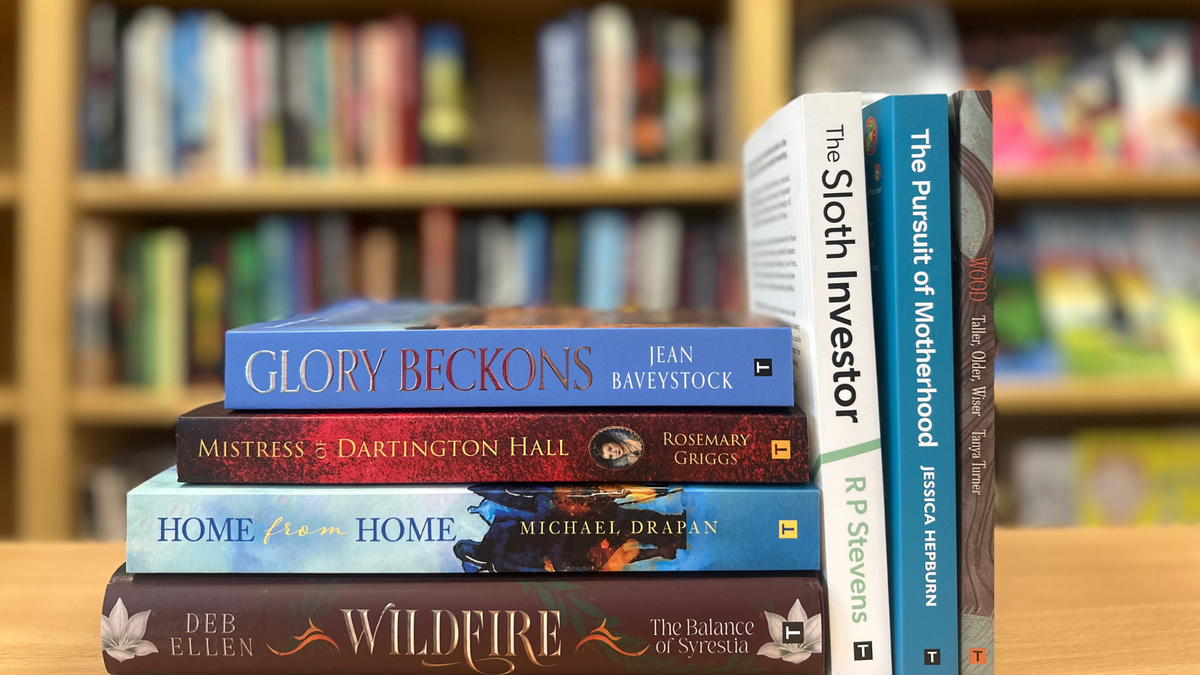
5th July, 2023
9 min read
Boost Your Author Brand with These Eight Social Media Management Tips
Written by:
Alex Thompson
In part one of the series of blogs about social media for authors, we discussed why authors should consider using social media to enhance their brand. Alex Thompson, Business Development Manager at Troubador Publishing explained why author brand is important, why authors should use social media to enhance it and how to set up a killer profile ready to get their message and work into the world. Now he has compiled his eight top tips for social media management to help you take your profiles to the next level. By using the tips below, and following Alex's next steps that you'll find at the end, you should be able to revisit your social media strategy and continue your author social media journey successfully.
Eight top tips for successful social media for authors
- Know your audience: You'll likely have written your book(s) with a specific group of people in mind. Understanding this group of people, your target audience, helps you create a brand. Firstly, you need to identify your target audience in the first place. Who are your readers? What do they like? Why they are choosing your books? How old are they likely to be? How old are they likely to be? What lifestyle factors are there to consider (career, hobbies, how they spend their free time)? Once you have that, you need to choose an appropriate tone and style. Your brand should have a tone of voice and style, but this has to be relevant to your audience. If you are writing business books, like the ones covered in this case study, then your brand could have a more informative and formal style.
A brand focused on young adults will have a more conversational, friendly, and fun tone. An important factor in knowing where on social media your audience spends their time. Most readers use social media today, but if you don't target specific audiences on specific platforms then you'll find yourself talking to the wrong people. You have to research and explore which platforms your readers use so that you can target them in the right place. For example, authors can use Facebook most effectively to reach those who are 40 and above. Teens are found on Instagram or TikTok. Entrepreneurs are more accessible on LinkedIn. - Interact with your audience: Once you know your audience inside out, interact with them. While posting regularly is a must for social media to allow you to successfully contribute to your brand building, a successful author needs to also interact with other people as much as talk about their topics. A common mistake that everyone using social media to promote a brand makes is projecting too much and not listening enough. Whether this is liking someone's comment, sharing someone else's interesting post, reacting to a video, asking a question, or directly messaging someone, the more you interact with other people the more they will return the favour. It also allows you to be seen by people, not by your audience. More on that later!
Tip: Without interaction, social media is just a lot of people telling people what they want to say. Interacting with others, while it isn't talking about your book directly, helps to build your voice and brand and, by default, draw attention to your book. - Add personality: Your personality plays a pivotal role in the brand creation process. People are interested in you, the author, as much as they are in your book. You want readers to get to know your brand like they would if they knew you in person. This remains true even if you are using a pen name, which makes it essential to make your brand as personal as possible. Most readers only know you through your books and the information you promote about yourself. Those details are usually quite formal and relate to your writing career. Use social media to give the audience a sneak peek into your life – a look behind the scenes. Adding your personality not only makes your brand more interesting and compelling to engage with, but it gives readers more of an insight into your writing process, the characters of the books you've written or the setting for your latest thriller. By adding personality you also come across as friendly. A wishy-washy word for brand building perhaps, but coming across as a friend is crucial to success on social media. Treat your audience as if they were a good friend. In most cases, your friends know loads of personal details about you. Your branding should help strangers get to know you a bit as well. Share some fun facts about yourself, discuss your hobbies, and tell readers about your pets.
- Share useful information: While your audience wants to hear what you have to say, that is not all they want to hear! When browsers go to social media they are often not looking for anything in particular, but are flicking through their notifications or browsing on the discovery pages. As an author, you naturally want to build your brand by talking about your books and yourself - and that is fine. However, share other interesting content as well. That might be a newspaper article relevant to your audience, a podcast episode that they might find interesting or an article that another author has written. Your brand should be built around being of interest to your audience, and your audience is interested in lots of things. The more you interest them either with your original content or by sharing other content the more they will recognise and trust your brand.
Tip: Make sure you are following and interacting with as many relevant individuals and organisations as possible. That way you will be able to spot when they post something that might be of interest to your audience that you might want to share or engage with. - Be consistent: You might have the best profile in the world, the most compelling story in the world and the best book ever, but without posting regularly your social media audience will not see all of that great work. Readers will log on to social media at different times of day, on different days of the week. Most readers will spend the majority of time on the discovery pages of their social media, meaning that they will often not visit profiles until they see some activity from that profile. Also, consistently posting, interacting and engaging with your networks is key.
Tip: If you can't commit to posting at least twice a week on each of the social media platforms you use, consider using other avenues. - Sell, but don't oversell: Browsers love being educated. They also love hearing about things that might be of interest to them. But they hate seeing the same thing over and over again. And they hate thinking that they are being aggressively sold to even more. That isn't to say that you shouldn't promote your book to your audience, you absolutely should! However, variation is the spice of life and an audience that sees the same posts where you are asking them to buy your book over and over again will quickly lose you followers. Instead, try talking about your book in another way. How did you go about writing it? Which is your favourite character and why? Where is it set and is there a reason for that? If you can answer those questions and have an image of your book or, even better, have it all in a 30-second video, that will encourage readers to explore it further without feeling like they are being sold to.
Tip: For every post that directly talks about your book, make sure you do another one posting content, giving a personal update, reposting someone else's post or talking about your next event. - Lean on other people's audiences: You may have 10 followers, you may have 1000 followers. But as long as you only utilise that audience, you are going to find it hard to grow your social media following. One of the best ways to grow your audience is to piggyback on other individuals or organisations' follower base too by tagging them, commenting on posts or approaching them directly and asking them to share your content. Whether this is your publisher or organisations that you work with or friends you are connected with, the more that other people share and interact with your content the more that it will be shared more widely with networks that you don't possess.
Tip: Consider using your own existing social media profile and tweak it to be your author profile. You already have an audience who are interested in what you have to say there, - Use different channels: If you stick to a single channel (for example, you only use Instagram) then you may get traction there but you will get no traction elsewhere. So, consider using multiple different types of social media. You could use all these channels while recycling quite a lot of the content. A post that you put on Facebook can be trimmed down to the required word count for Twitter. That same post could be repurposed to be a little more formal and put on LinkedIn. And you could do a recorded version of the post on TikTok.If you are thinking that managing multiple social media channels at a time is daunting, don't worry there is technology out there that can help. If you want to manage multiple channels all from one easy-to-use location, we'd recommend Hootsuite which you can sign up to and attach your social media profiles to for free and con post from there, monitor engagement and engage with other people all from one place.
Tip: If you were to prioritise a channel, Facebook and/or Instagram would be my suggestion. We have seen that readers use both in abundance and they are the easiest to manage.
Your next steps in creating a social media brand as a writer
Ok, you have got this far. Congratulations! You now understand how social media for writers can help to enhance their author brand. The final and most important part is how you can use everything you have just read to use social media to start or continue building your author brand.
First things first. Map out your target audience. Who are the people you are targeting and how will you target them? Tip: use these questions to define your target audience:
- What demographic are you targeting?
- Where does your target audience live?
- What hobbies does your target audience have?
- How does your target market use social media?
- How does your target audience communicate?
- Where do they spend their time?
- What type of social media do they typically use?
- Would they prefer videos, long-form content, short sharp notes or something else?
- What motivates the reader to make a purchase?
- What are they most interested in getting from social media?
- What does your ideal customer enjoy doing in their spare time?
- What other interests do they have besides reading?
- What topics/genres/interests do they typically read?
- What is it about your book that would grab their attention most?
Next, decide what content type you are going to use most - don't spread yourself too thin. If you are comfortable with video then doing some video content, even if only once a month, goes a long way to personalising your profiles.
Now, create any profiles that are not yet created that you are looking to use to build your brand. Ask your family and friends to review your profile for you. Ask them to be constructively critical and listen to what they have to say. Would they be interested in it if they didn't know you?
For those profiles that are life, revisit them and enhance them as much as you can. For any design elements, call on the professionals. While you can have a go yourself, amateur design can hurt your brand. We can help.
Finally... give it a go! Get posting, engaging with others, recording videos, sharing articles and creating a buzz around your book. The only way you'll be able to get better is through trial and error. Try lots of things and see what you prefer, what works and what doesn't. Don't be afraid of not taking off right away.




